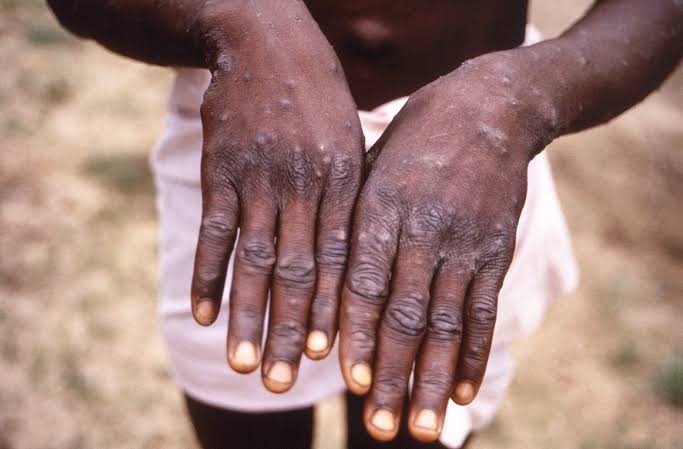The health ministry of Burundi reported the country’s first three instances of mpox on Thursday, sparking concerns that a more deadly strain of the virus may have crossed the border.
Formally referred to as monkeypox, mpox is an infectious disease brought on by a virus that can be transferred from person to person by intimate physical contact or from sick animals to people.
The World Health Organization (WHO) raised the alarm level for the virus two years ago when it declared it to be a public health emergency of international concern due to a widespread outbreak.
According to a statement from the health ministry, three “suspected cases” were reported to Burundian authorities on July 22. The hospitals were located in a working-class neighborhood of the country’s capital, Bujumbura, and another on the outskirts of the city.
“The three samples tested positive for Monkeypox,” the ministry said, adding that the three cases were “progressing well, and a list of contacts has already been drawn up and is being followed up on”.
Concerning a growing outbreak of a new, more deadly strain of the virus in the Democratic Republic of the Congo, which borders Burundi, the WHO issued a warning on July 11.
That outbreak “shows no sign of slowing” WHO director Tedros Adhanom Ghebreyesus cautioned.
At the time, the WHO reported a total of 11,000 cases, including 445 deaths, with children being the most impacted.
Rosamund Lewis, the WHO’s technical lead for mpox, expressed concern over the virus’s potential to spread “cross border… because borders are very porous with neighbouring countries” in the area and stated that the UN health agency was “very concerned.”
Mpox was first found in humans in 1970 in the DRC. Since then, it has mostly only spread to a few countries in West and Central Africa.
People typically contract it from eating bushmeat or other infected animals.
Then, in May 2022, mpox infections became more widespread globally, primarily affecting men who identify as gay or bisexual. This increase was caused by a new variant that replaced the Clade I subtype, known as Clade II.
The WHO issued a public health emergency of worldwide concern notice in July 2022, which was later lifted in May 2023, due to the surge in cases.
However, a new, more deadly form of Clade I has been spreading in the Democratic Republic of the Congo since last September. The outbreak started among sex workers and has also affected non-LGBTQ individuals.
Testing identified it as Clade Ib, a mutated form of Clade I. The WHO advises people to keep all eyes out for the virus.




